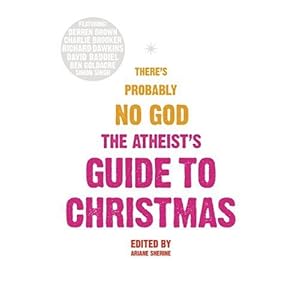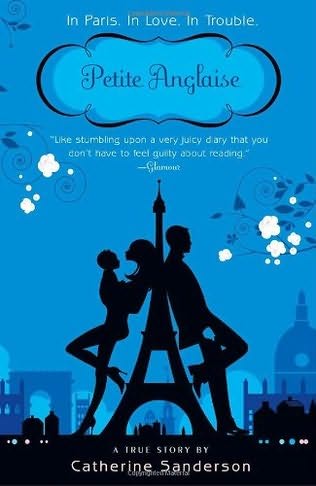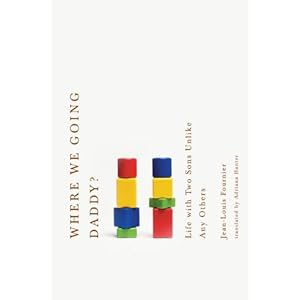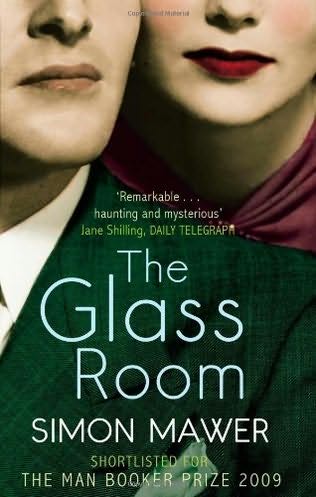# of books read in December: 4
Cumulative total: 54
1. The Blessing (Nancy Mitford)
2. The Plato Papers (Peter Ackroyd)
3. The Hours (Michael Cunningham)
4. The Guernsey Literary and Potato Peel Pie Society (Mary Ann Shaffer and Annie Barrows)
5. Love in a Cold Climate (Nancy Mitford)
6. En passant (Raymond Queneau)
7. The Story of God (Robert Winston)
8. Ye Gods! Travels in Greece (Jill Dudley)
9. The Man in the High Castle (Philip K Dick)
10. La Chine Classique (Ivan P Kamenarovic)
11. White Teeth (Zadie Smith)
12. The House in Norham Gardens (Penelope Lively)
13. Special Topics in Calamity Physics (Marisha Pessl)
14. Sarah's Key (Tatiana de Rosnay)
15. Rebuilding Coventry (Sue Townsend)
16. On Chesil Beach (Ian McEwan)
17. The Undomestic Goddess (Sophie Kinsella)
18. French Kissing (Catherine Sanderson)
19. Icons of England (various authors; edited by Bill Bryson)
20. Shirley (Charlotte Brontë)
21. Women's Hour Short Stories
22. Catch-22 (Joseph Heller)
23. Juliet, Naked (Nick Hornby)
24. Reviving Ophelia (Mary Pipher)
25. Nightingale Wood (Stella Gibbons)
26. The Orange Girl (Jostein Gaarder)
27. Me Talk Pretty One Day (David Sedaris)
28. Gemma and Sisters (Noel Streatfeild)
29. See Under: Love (David Grossman)
30. Swann's Way (Marcel Proust)
27. Me Talk Pretty One Day (David Sedaris)
28. Gemma and Sisters (Noel Streatfeild)
29. See Under: Love (David Grossman)
30. Swann's Way (Marcel Proust)
31. Le roi des fougères (Jean Anglade)
32. The Decameron (Giovanni Boccaccio)
33. The Glass Room (Simon Mawer)
34. Middlesex (Jeffrey Eugenides)
35. Missykad, or Britannic Raj Through The Turnstiles (Malcolm Henry James)
36. Where We Going, Daddy?: Life With Two Sons Unlike Any Other (Jean-Louis Fournier)
37. First Grey, Then White, Then Blue (Margriet de Moor)
38. The Dead School (Patrick McCabe)
39. The Picture of Dorian Gray (Oscar Wilde)
40. My Favourite Wife (Tony Parsons)
41. How to be Alone (Jonathan Franzen)
42. Eclipse (John Banville) - review forthcoming
43. Dancing Shoes (Noel Streatfeild)
44. Petite Anglaise (Catherine Sanderson)
45. Within A Budding Grove (Marcel Proust)
46. Puligny-Montrachet (Simon Loftus)
47. Circus Shoes (Noel Streatfeild)
48. A Growing Summer (Noel Streatfeild)
49. The Icarus Girl (Helen Oyeyemi)
50. Nice Cup of Tea and a Sit Down (Stuart Payne)
51. A London Christmas (Marina Cantacuzino)
52. One Day (David Nicholls)
53. There's Probably No God: The Atheist's Guide To Christmas (edited by Ariane Sherine)
54. And Another Thing (Eoin Colfer)


















